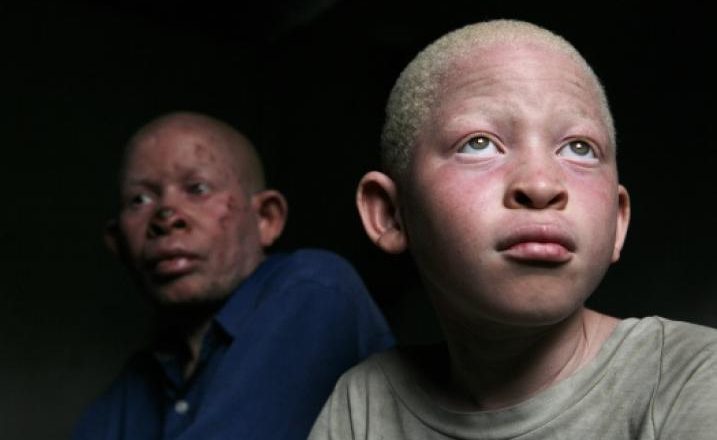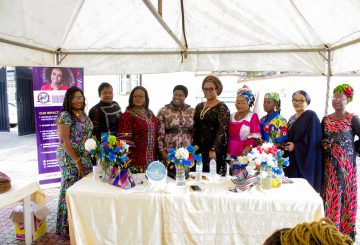On the 10th anniversary of International Albinism Awareness Day, Muluka-Anne Miti-Drummond, the UN independent expert on albinism, highlighted the significant progress made in the inclusion of persons with albinism within human rights and disability movements. However, she also stressed that ongoing prejudice and violence continue to plague individuals with this condition.
Speaking at the event, Ms. Miti-Drummond praised the advancements in recognizing the rights of persons with albinism. “Remarkable headway has been made on human rights for persons with albinism,” she said. Despite this progress, she pointed out that “ongoing prejudice and violence” still exist, undermining the dignity and equality of those affected.
One of the most alarming issues is the continued violence against individuals with albinism. “I continue to receive cases of attacks and killings, often perpetuated against the most vulnerable in our societies – our children,” Ms. Miti-Drummond reported. Over the past decade, hundreds of cases of attacks and killings have been documented in 28 countries in Sub-Saharan Africa, fueled by longstanding stigma, poverty, and harmful beliefs in witchcraft.
The challenges for persons with albinism extend beyond Africa. In some Asian countries, such as China, children with albinism face abandonment and rejection by their families. Health challenges also remain a significant concern, as access to life-saving sunscreen is often limited and unaffordable in many regions.
To combat these issues, Ms. Miti-Drummond is calling for a renewed commitment to addressing the discrimination and marginalization of persons with albinism. She emphasized the need for increased awareness-raising, education, advocacy, legislative and policy reforms, and community engagements to create a more inclusive and equitable world for all.





